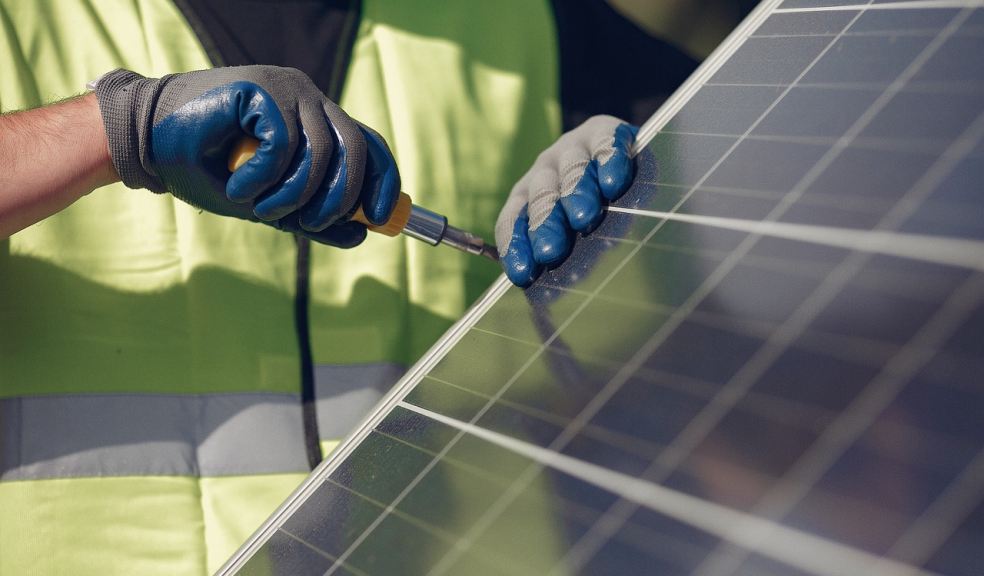
Devon Procures £200K in Funding For Eco Grants
Devon has received a lucrative grant for sustainable installations for the assessment and potential development of sustainable energy projects. By using sustainable technologies, Devon can decrease carbon output while also generating inexpensive energy through solar panels and other sustainable technologies. This is part of South West Net Zero Hub's Local Net Zero Capacity and Development Fund, a £1 million grant that helps decrease carbon output.
The money will be split between a solar energy project and a plan to decarbonise an industrial estate. The latter is based around a sum of £99,000 which was awarded to create a net zero plan for the Heathfield industrial estate in Bovey Tracey. Partnering with Teignbridge District Council, authorities will assess the feasibility of solar panel installations, green hydrogen, and district heating.
Another plan has issued a further £97,000 to check the viability of solar installations in areas such as landfills. The plans appear to focus on using open and often underutilised zones to generate renewable power, which could provide a useful extra purpose to certain areas that often contain copious open land. Fitting solar panels in farms has been of growing interest across the UK but landfills are a relatively new prospect for the region.
Local authorities such as Councillor Andrea Davis, a Cabinet member for climate change, environment and transport planning, states: "This money will allow us to investigate if these sites can be used to generate clean, green energy and potentially income for the council. We are really excited to be taking forward these kinds of projects, and if they can be delivered it will help us achieve our goal of a net-zero Devon by 2030.”
The council also states that solar farms can be constructed in such a way that it will foster biodiversity and help the region. They are overseeing multiple projects in other regions such as Plymouth and Torquay. Local councillers hope to be able to replicate the project for estates across Devon in the future (although, no explicit plans have been stated in the current moment)..
The South West Net Zero Hub has a lot of projects under its belt. Their pipeline hosts about 70 projects, totalling a value of over £310m. The company’s work extends to all sorts of projects and patterns, including “authorities, hospital trusts, universities, multi-academy trusts, community groups, and charitable trusts”, according to their website. The hub works primarily with not-for-profit organisations and public sector institutions.
The organisation has helped multiple institutions such as schools and local councils in upgrading to solarenergy production and green hydrogen. The provide services such as offering technology options, checking site conditions and location, drawing up financial projections, planning and permitting requirements including grid connections, and setting up a delivery schedule.
The company’s projects include assisting local areas with their energy planning, community energy schemes, decarbonisation of buildings, installing heat networks, assisting in public sector energy efficiency innovations, and assisting the development of domestic retrofit programmes. Local renewable energy generation and storage and net zero planning policy can help tackle fuel poverty.
The district council believes that bringing businesses together through partnerships will play a vital role in accelerating the region’s plans towards net zero emissions. The Department for Energy Security and Net Zero aims to support authorities in the region to power their regions with renewable energy and scaling up the quality of net zero projects in the region.
Multiple other programs are also available in the UK that aid in decarbonisation. The Private and Public Sector Decarbonisation funds can both allow institutions to build better net zero policies and renewable energy incentives. Various organisations in both sectors have been using these grants to boost green energy production, which can serve as a great way to decrease bills and make for good PR for private companies.
Grants for domestic use and home improvement are also available. The ECO4 and Boiler Upgrade Scheme have been widely popular among UK residents, allowing for the installation of solar panels and heat pumps at a reduced cost. These policies are especially geared towards low-income homes, tackling a net zero strategy from a different angle and perspective.
Aside from solar panels, heat pumps, and other energy measures, they can also help improve homes with insulation and better window glazing. Such grants can allow for improving a home with aid for low-income families. Considering that the average cost of new windows for a 3 bed house in the UK can be between £4,000 and £6,000, these grants can be a major help to others.
Heat pumps, solar panels, insulation, and home improvements of a similar variety all decrease the energy costs for residents while also contributing to a lower carbon footprint output. Other projects like large-scale solar battery installations and solar farms have been increasingly popular.











